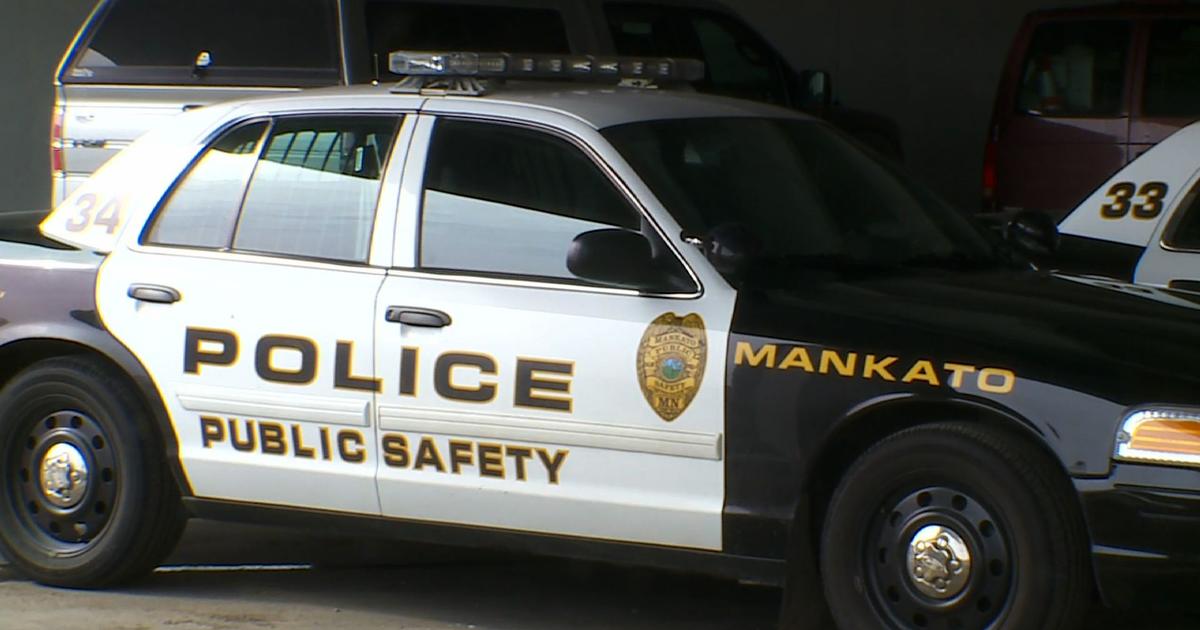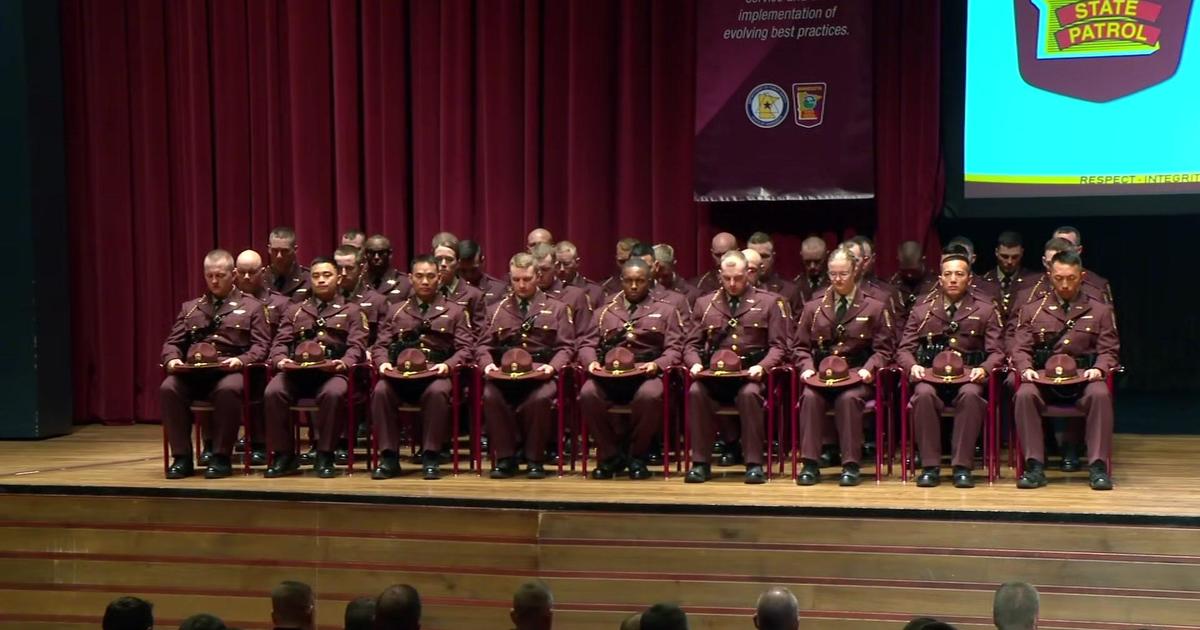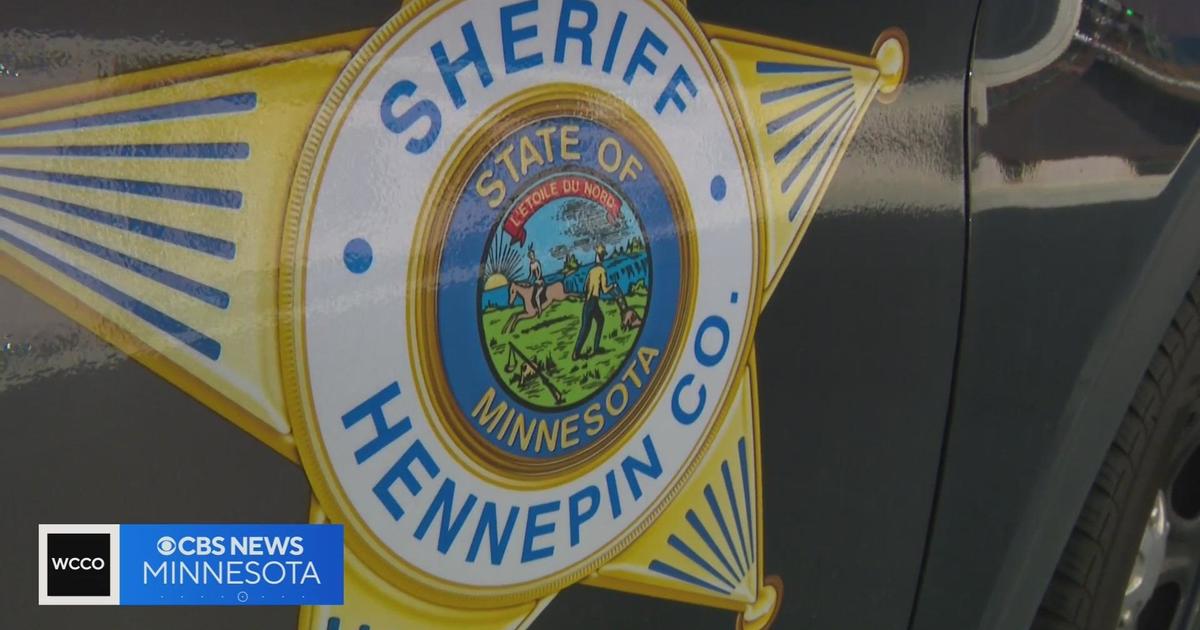Study: MN Schools Toss Lunches When Students Can't Pay
MINNEAPOLIS (WCCO) -- The news story provoked national outrage as school children in Utah had their lunches tossed in the garbage because they didn't have enough money to pay for them.
But it turns out something similar is happening in Minnesota, as well.
A new report shows hungry school children who cannot afford lunch are being denied food in some Minnesota public schools.
The Mid-Minnesota Legal Aid surveyed 94 percent of districts last year and found a majority deprive kids in some way for not having enough money in their lunch accounts.
This report, released Tuesday, includes 309 districts across the state. About 54 percent offer an alternative meal like a cheese or peanut butter sandwich and milk instead of hot lunch for students who can't afford the 40 cent co-pay for reduced lunch.
Some schools, about 15 percent, do not offer any lunch if a student can't afford it. In fact, the report states some schools are even throwing away food instead of giving it to the children who can't pay for it.
"As an administrator, I know that learning is primary and when students feel like they are not hungry they learn best," said Anderson United Community School assistant principal Dr. Debra Brooks-Golden.
Anderson United is part of Minneapolis Public Schools, one of 97 districts that are listed for always providing a standard lunch to a reduced-price eligible child. Forty-six districts told Legal Aid they have a policy or practice of an immediate or eventual refusal to serve hot lunch or an alternative meal to a child who cannot pay -- 166 districts provide an alternative cold meal once the money runs out.
"When you have child poverty on the rise, you know that parents are struggling working two jobs to make it, we need solutions," said Education Commissioner Brenda Cassellius.
Osseo Area Schools was one of the 46 listed. Community Relations Director Barbara Olson said the study doesn't tell the whole story -- that the school goes to great lengths to ensure every child does eat, giving them three courtesy meals if they can't pay.
"Osseo Area Schools does not immediately or eventually refuse to serve food to a child who cannot afford the 40 cent copay... Problem resolution steps begin after the third courtesy lunch is offered, but the lunches continue and the students are not denied a meal," she said, in a press release.
Cassellius said Tuesday she's working to find a solution in the schools where lunch is being denied.
"My goal would be every child has a lunch that's prepared and that they have the same options as every other child," Cassellius said.
Gov. Mark Dayton issued a statement Tuesday proposing additional funding in the upcoming legislative session to ensure that every child has access to a nutritious lunch in all Minnesota schools.
Dayton said he would commit $3.5 million in his supplemental budget to supply those meals to Minnesota students.
"No child in Minnesota should be denied a healthy lunch," he said in a press release. "We cannot expect our students to succeed on an empty stomach."
Cassellius reached out to Minnesota school districts this week, urging them to take whatever actions needed in order to provide school lunches to everyone.
"There are all kinds of ways and solutions so what this report has done is shine a light on the problem so that we can then move forward and work together with our community," Cassellius said.
Officials said about one-third of the districts in Minnesota offer the hot lunch option no matter if the students can pay. That's what Cassellius said she hopes other districts can aspire to. We have the report on our website to see which districts have different policies.
So how many students in Minnesota actually use the plan? Officials said about 62,000 in our state pay that 40 cents co-pay, but some don't have it and those are the ones being turned away.
The findings were the result of a request made last year by Legal Aid for data "regarding their school lunch policies and practices for low-income children who cannot pay."



